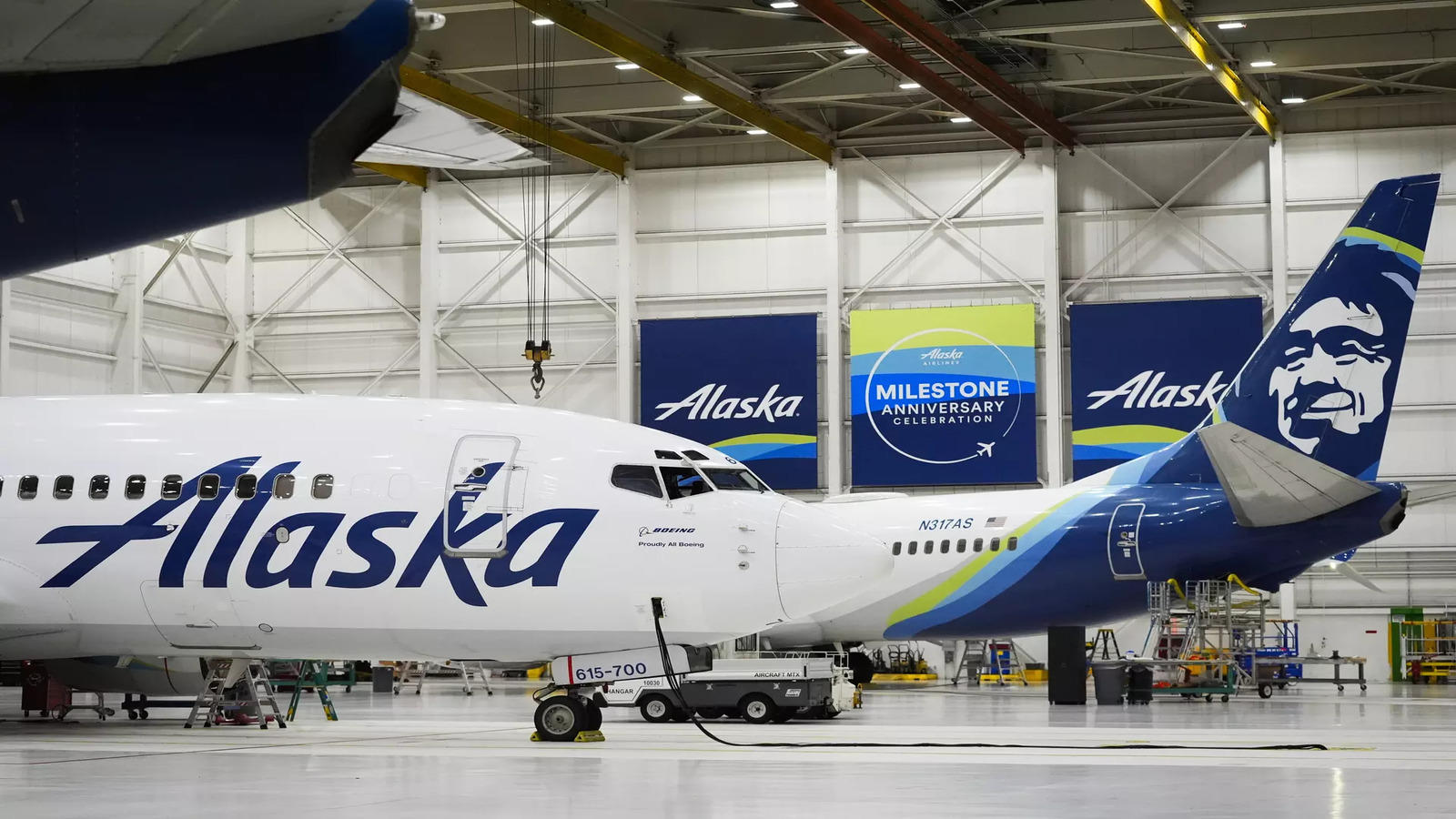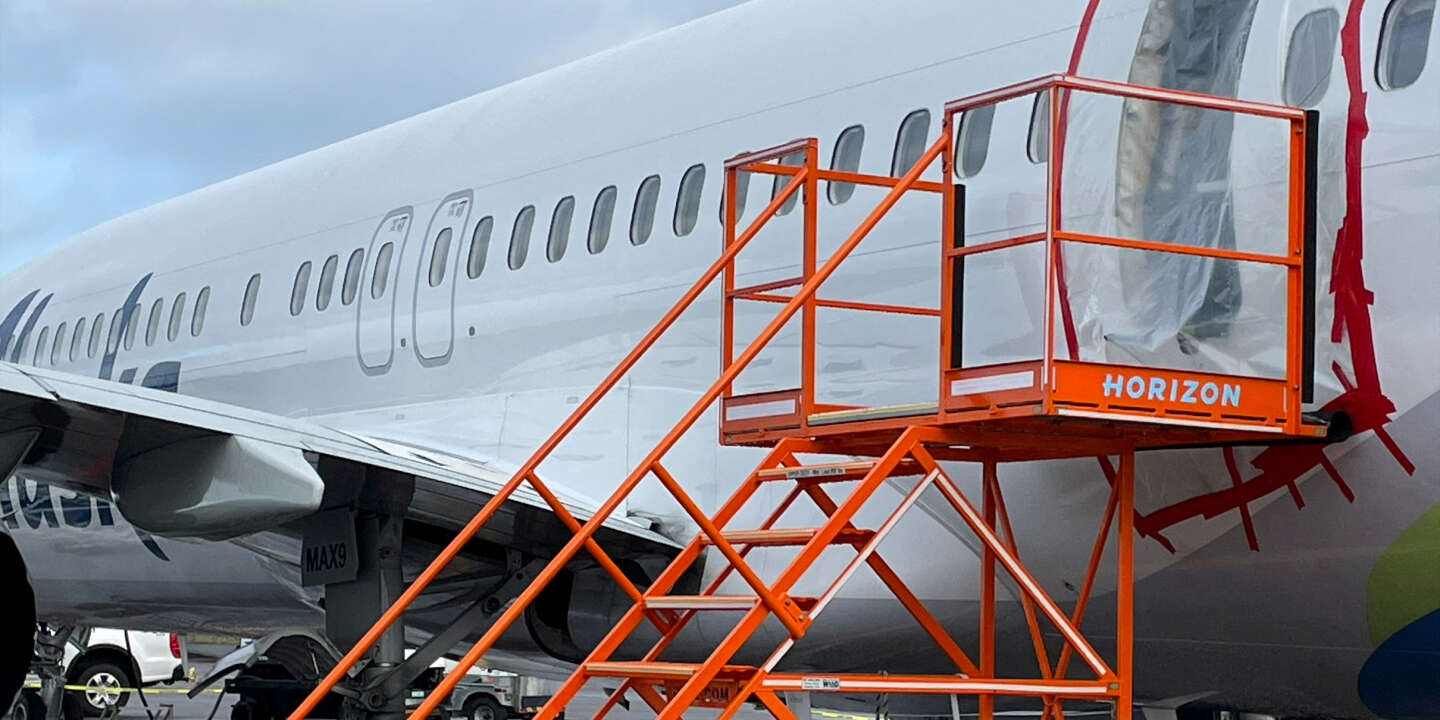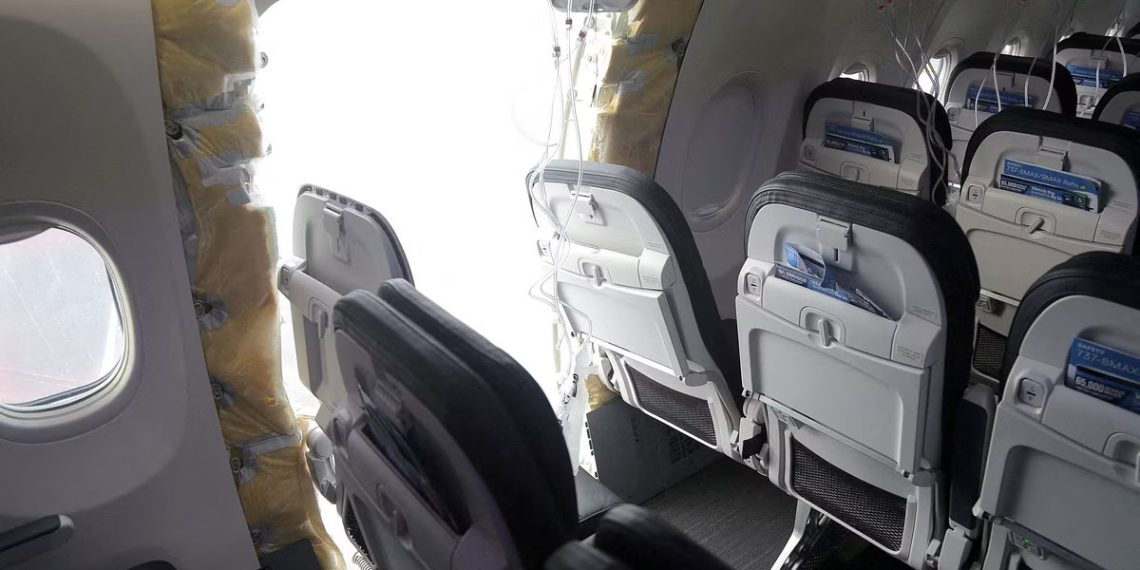The U.S. Federal Bureau of Investigation (FBI) has initiated communication with passengers who were aboard an Alaska Airlines Boeing 737 MAX 9 during a mid-air emergency on January 5, hinting at a potential criminal investigation, as revealed in letters obtained.
These letters, following established procedures in certain criminal investigations led by the Justice Department, signify a notable advancement in the probe into the Boeing 737 MAX 9 emergency incident.
Dated Tuesday, the letters inform recipients that the FBI has identified them as potential victims of a crime and that an ongoing investigation is being conducted. However, specifics regarding the progress of the investigation cannot be disclosed at the moment due to various reasons.

Although an FBI spokesperson in Seattle refrained from providing further comments in adherence to Justice Department policy, which neither confirms nor denies ongoing investigations, the development marks a significant turn in the inquiry.
The Justice Department’s decision to notify potential victims of crimes was revised in 2022, following complaints from relatives of those affected by the Boeing 737 MAX 8 crashes in 2018 and 2019.
They expressed concerns over their legal rights being overlooked when the department reached a deferred prosecution agreement with Boeing in January 2021 without prior notification.
While Boeing chose not to comment on the recent developments, it reiterated its commitment to complete cooperation and transparency in all government investigations.
Alaska Airlines affirmed its full cooperation with the ongoing investigation, asserting that it does not perceive itself as the primary target of the probe.
The mid-air emergency involved a door plug panel detaching from the Boeing 737 MAX 9 at 16,000 feet, resulting in a significant opening in the aircraft’s side.

Despite the alarming incident, the plane landed safely with all passengers and crew unharmed, save for minor injuries sustained by seven passengers and one flight attendant.
The National Transportation Safety Board’s examination revealed the absence of four bolts from the aircraft, which had been delivered by Boeing months earlier. Boeing attributed this discrepancy to the non-creation of required documents detailing the bolt removal process.
Following the occurrence, the Federal Aviation Administration (FAA) imposed grounding measures on the MAX 9, prohibited Boeing from increasing its MAX production rate, and instructed the company to devise a comprehensive strategy addressing systemic quality-control concerns within a 90-day timeframe.


















